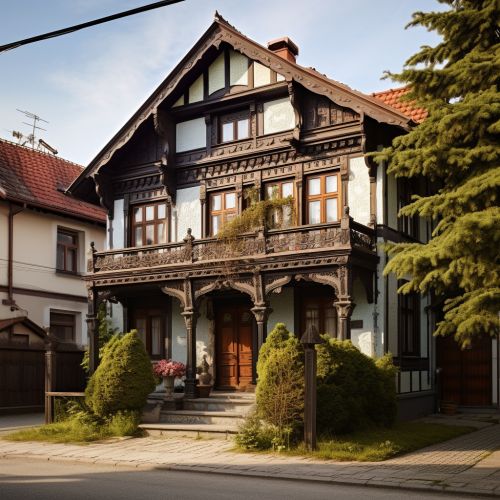Sigmund Freud
Early Life
Sigmund Freud was born on May 6, 1856, in Freiberg, Moravia, in what is now the Czech Republic. His father, Jacob Freud, was a textile dealer, and his mother, Amalia Nathansohn, was twenty years younger than her husband. Freud was the eldest of eight children.


Freud's family moved to Vienna when he was four years old, and he lived there until he was forced to escape to England in 1938 due to the Nazi invasion. In Vienna, Freud attended the Leopoldstädter Kommunal-Realgymnasium, a prominent high school. He was an excellent student and was proficient in German, French, Italian, Spanish, English, Hebrew, Latin, and Greek.
Education and Early Career
Freud began his studies at the University of Vienna at the age of 17. He initially studied law but quickly switched to medicine. His research work in the physiology department under Ernst Brücke led him to his lifelong interest in neurology. He received his medical degree in 1881.
After graduation, Freud worked at the Vienna General Hospital and collaborated with Josef Breuer, a physician who was treating patients with a new "talking cure" for symptoms of hysteria. This collaboration formed the basis of Freud's interest in the psychological aspects of medicine, leading to his groundbreaking work in psychoanalysis.


Development of Psychoanalysis
Freud's development of psychoanalysis, a clinical method for treating psychopathology through dialogue between a patient and a psychoanalyst, revolutionized the field of psychology. Freud's theories focused on the unconscious mind and the importance of childhood experiences in shaping an individual's behavior and personality.
Freud proposed that the mind is divided into three parts: the id, the ego, and the superego. The id is the primitive and instinctual part of the mind, the ego is the realistic part that mediates between the desires of the id and the superego, and the superego is the moral conscience.
Freud also developed the theory of psychosexual development, which argues that our personality is shaped by five stages of psychosexual development: the oral, anal, phallic, latency, and genital stages. Each stage is associated with a particular erogenous zone whose stimulation, if either excessive or deficient, has significant consequences on personality development.
Freud's psychoanalytic theory was controversial in its time and remains so today. However, his work has had a lasting influence on psychology, psychiatry, and related fields.


Later Life and Death
In 1938, Freud left Austria to escape the Nazis and settled in London. Despite suffering from mouth cancer, he continued to write and work until his death. Freud died on September 23, 1939, at the age of 83. His theories continue to influence many areas of human life and thought.
Legacy
Freud's theories have had a profound impact on psychology, psychiatry, anthropology, semiotics, and artistic interpretation. His concept of the unconscious mind and his theories of psychosexual development have been particularly influential. Despite the controversy surrounding his theories, Freud's work has shaped much of the discourse in the human sciences and continues to be a subject of debate and discussion.
